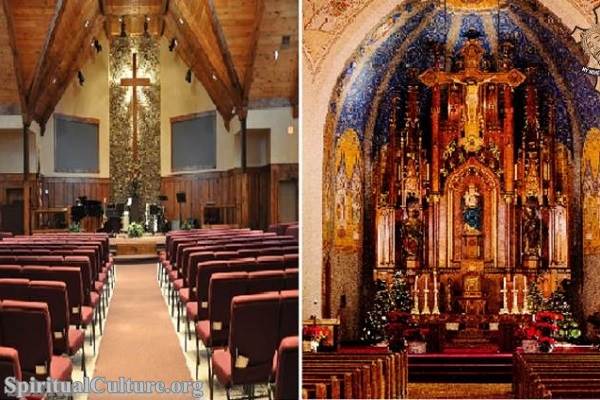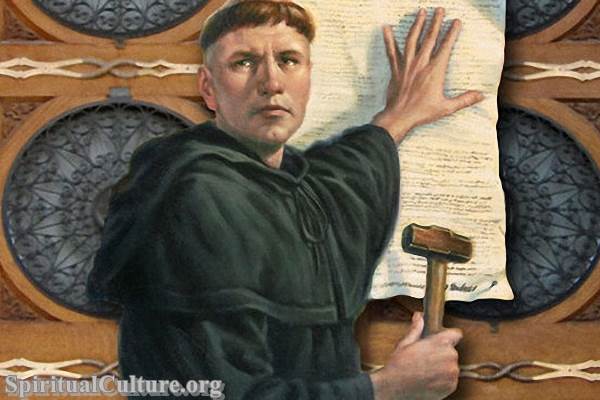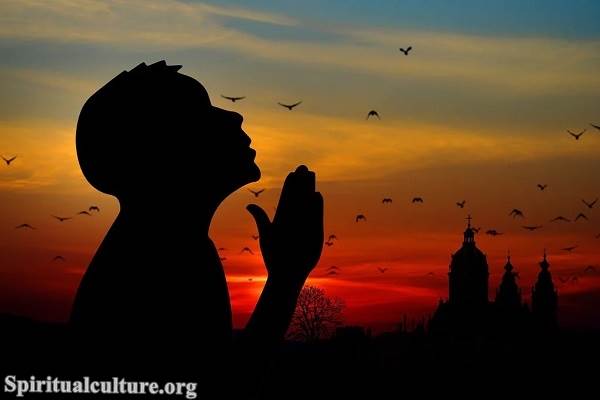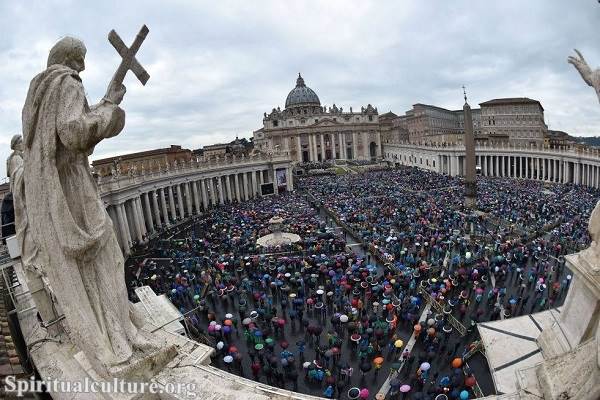One of the most significant divisions in Christianity is the split between Catholics and Protestants. The division, which began in the 16th century, has led to a wide range of beliefs, practices, and traditions that differ between these two groups.

Protestant vs Catholic
This article aims to shed light on the Protestant vs Catholic debate, exploring the unique aspects of each group while emphasizing that they both fall under the vast umbrella of Christianity.
Protestant
Protestantism is a branch of Christianity that originated from the Reformation in the 16th century. This movement was initiated by Martin Luther, a German monk, who protested against certain practices of the Roman Catholic Church. This protest gave birth to the term ‘Protestant.’ Today, Protestantism is a diverse group encompassing many different denominations, including Lutherans, Baptists, Methodists, Presbyterians, and others.
One of the fundamental beliefs of Protestants is the doctrine of ‘sola scriptura,’ which means ‘Scripture alone.’ Protestants believe that the Bible is the ultimate authority on matters of faith and practice, and that it contains all the necessary guidance for salvation and Christian living. They reject the authority of the Pope and the tradition of the Catholic Church, arguing that these can sometimes contradict the teachings of the Bible.
Another key doctrine of Protestantism is ‘sola fide,’ or ‘faith alone.’ This doctrine teaches that salvation is received through faith in Jesus Christ alone, not through good works. This contrasts with the Catholic teaching, which emphasizes the role of both faith and works in salvation.
Catholic
The Catholic Church, also known as the Roman Catholic Church, traces its history back to Jesus Christ and the Apostles. Over the centuries, it has developed a rich tradition of beliefs, practices, and rituals that are distinct from those of Protestantism.
One of the key differences between Catholics and Protestants lies in their view of the church’s authority. Catholics believe in the authority of the Church, as guided by the Pope, who they believe is the successor of Saint Peter, the first bishop of Rome. They adhere to the teachings and traditions of the Church, in addition to the Bible.
Catholics also have a different understanding of salvation compared to Protestants. They believe that salvation involves both faith and good works. In other words, while faith in Christ is necessary for salvation, it is not sufficient on its own. Good works, such as acts of charity and the sacraments, are also necessary.
The Catholic Church also places a lot of emphasis on the seven sacraments – Baptism, Confirmation, the Eucharist, Penance, Anointing of the Sick, Holy Orders, and Matrimony. These sacraments are seen as channels of grace, through which believers can receive God’s love and forgiveness.
Conclusion: Protestant vs Catholic
In the Protestant vs Catholic debate, it’s essential to remember that both groups share many fundamental beliefs. Both Catholics and Protestants believe in the Trinity, the divinity of Jesus Christ, his death and resurrection, and the importance of the Bible. The differences lie in their understanding and interpretation of these beliefs.
The Protestant Reformation was not so much a break from the Catholic Church, but rather a call to reform. It led to a diversity of Christian expressions and practices, each with its unique emphasis and understanding of the Christian faith.
Today, despite the differences between Catholic and Protestant beliefs, there is a growing movement towards ecumenism, or Christian unity. Many Catholics and Protestants are finding common ground and working together to share the love of Christ with the world. After all, the Christian faith is not about division but about unity in Christ. In the words of Jesus himself, “Every kingdom divided against itself will be ruined, and every city or household divided against itself will not stand” (Matthew 12:25).



